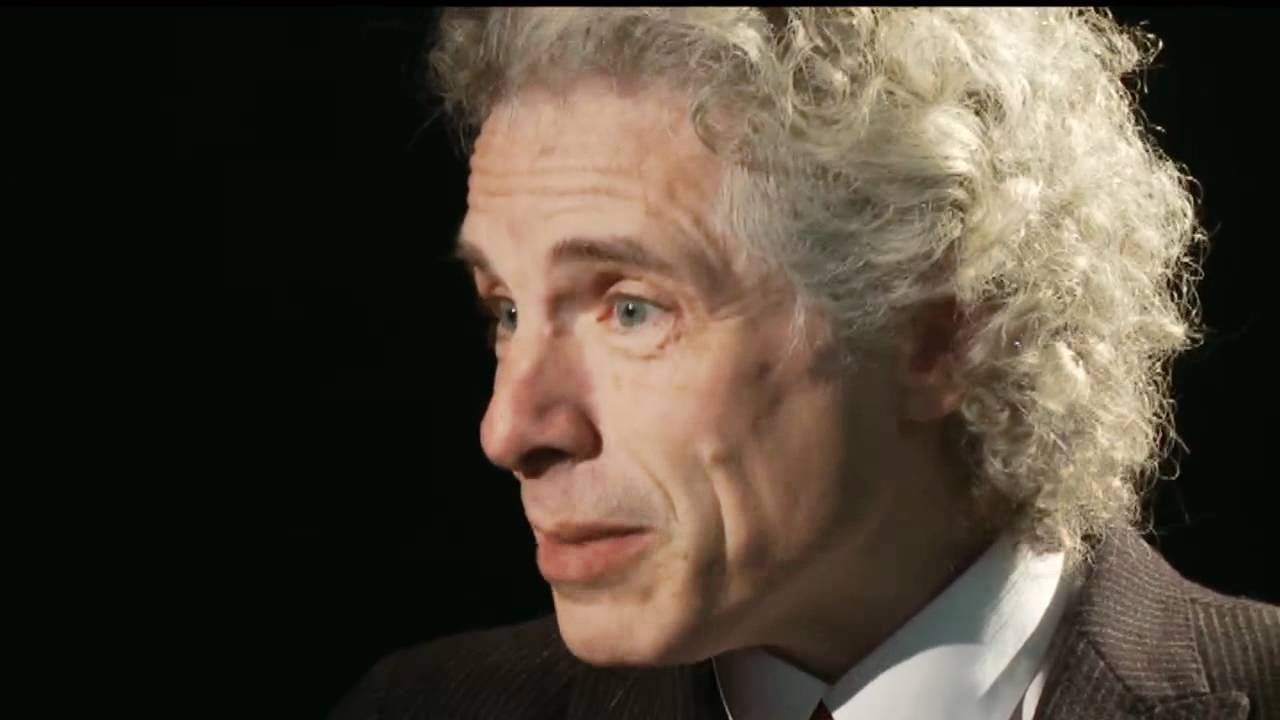The Guardian
Madeleine Bunting puts readers’ questions to Harvard professor and cognitive scientist Steven Pinker, whose new book, The Better Angels of Our Nature, argues that levels of violence have declined from prehistory to today
Source
Steven Pinker on The Better Angels of Our Nature: 'reasons to be grateful'




using violence as a metaphore
putting faith in the strong state
looking at war and violence as "structural"
It was great to see steven pinker put these radical leftists in thier intellectual place.
Now why do bad ideas persist in leftist circles, and how can we change that?
@TheAxis456 no
"more generally it's rates that are the relative way of measuring how violent the world is at any given time, otherwise the more people there are, the more violent you're going to say the world is" – this guy
Not necessarily. And definitely not in relative numbers. Read the book!
I have read it yes. Finished about 2 weeks ago.
Once again you're talking about absolute numbers. As Steven says, it makes no sense to talk about absolute numbers. The main reason that so many people died in the 20th century was that there was a massive population explosion following the industrial revolution. You need to actually look at the rates in centuries before instead of just quoting random facts about the 20th. Human psychology isn't set up to intuitively get a correct picture of things
The book has very little to do with western imperialism. He clearly states when the west has been responsible for unnecessary violence.
Your psychological analysis is flawed because you're raising issues that he's clearly answered. If you look at the long stretch of history, it's such a clear downward trend. Yes, WW1 and 2 are little spikes in that trend. You get that with any complex phenomena. On page 235 in the book, he compares the 20 bloodiest wars. Absolute vs relative numbers. WW2 is the only war in the 20th/21st century that makes it into the top 10 when you compare relative. This is all data that you can check!!!
Well this is a pointless discussion now. You're just making assertion after assertion and you're only ever quoting figures from the 20th century, you've mentioned nothing from before that (and I doubt you know much about the death toll of previous centuries). Once again, when you put things in relative numbers it completely changes the outcome. You keep talking about absolute numbers. Pinker clearly explains why this is a bad metric.
Well I didn't intend to suggest that only you lacked that knowledge. I think pretty much everyone does. Most people only know the details of recent events. What have I said of substance? Nothing, I'm not the one who wrote the book. Pinker is, and he's got a hell of a lot of data to back him up that you don't appear to have studied.
And yes, his data DOES take into account all forms of weaponry. And risk of violence might be bad but it doesn't equate to violence. They are different things.
Seriously, just read the book and THEN you have the right to try and criticise it. Criticising something you haven't read because you think you know more about it is just insanely arrogant. He's answered pretty much every objection you've raised. So this is pointless. Read the book and then just respond to any point where you think he's wrong.
Book is something schools should be consider in a curillicum, will help more than just understanding of violance but humility and reason.
Seems like these critics didn't even read the first chapter…